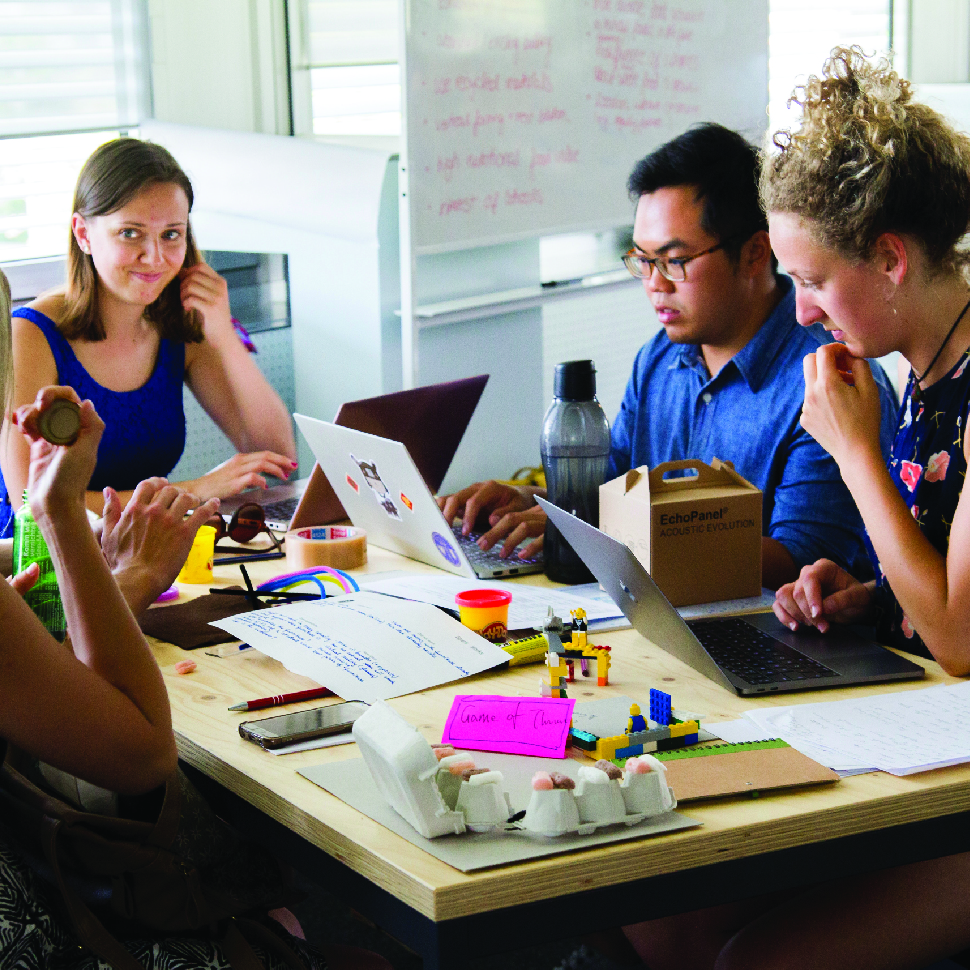This article was written by Eva Wislow
Millennials have already entered the workforce. But they have not only entered the world of work; they have also revolutionized it. This generation has changed the way organizations work and they have also redefined the places where we work from.
A lot has been said about millennials since they first entered the workforce. Now that it’s been a few years, we can say for sure that millennials are the driving force behind the following changes:
1. Coworking Gets a New Perspective
According to Roberto Laurens, a career expert from Careers Booster, this is the most important change we’re witnessing. “Before they entered the workforce, coworking meant working together towards an organizational goal,” – he says. “Millennials have a new approach to coworking. They want the workspace to feel like home. That’s exactly why most startups founded by millennials are based on an informal working atmosphere. This approach helps them develop a team spirit that enhances the organization’s productivity.”
A study published in the Journal of Business and Psychology gave us interesting results:
- Millennials work well in teams.
- They favor frequent and open communication with their supervisors.
- Communication technologies are part of their daily life.
In other words, millennials prefer a sense of collaboration and utility over competition and division. They want the support and collaboration of their peers. This is a highly social generation that’s been raised and schooled in team spirit.
2. Through Their Work, Millennials Strive to Give Back to Society
No matter how struggling the economy is, millennials always strive to give back to society. A study from Walden University and Harris Interactive showed that 81% of this generation have donated money, services or goods to a higher cause.
Millennials don’t limit their mission to donating some of the money they earn. They also educate other people about causes and issues. They are social change activists, who participate in volunteer work and community service. They change the organizations, reminding them to the social responsibility they have.
3. They Want Collaboration; Not Managing
The needs of this generation are changing the way leaders lead and managers manage. They want a collaborative approach. They want the superiors to act like mentors, not leaders or managers. The biggest aspiration of millennials is learning. When they find a working environment that supports the process of learning through coworking, they are ready to fully invest themselves in it.
4. Millennials Push Organizations Towards Growth
By 2025, millennials will make 75% of the workforce. This is a tech generation. Millennials have eliminated the limitations of global communication, they have changed the way the workplace looks, they make any given company’s culture more vibrant and collaborative, and they have envisioned a workplace that helps them grow. If they are unable to grow in a company, they will have to grow out of it.
This pushes organizations to focus on growth and the company experience more than ever.
5. 9-5 Working Day? They Don’t Think So!
Many millennials still stick to the 40-hour work week. However, they don’t like limiting their daily working hours. A survey from 2013 showed that millennials want to pursue independent career paths; they want a flexible schedule that allows them to work when they want, where they want.
This is an advantage for most organizations. Remote workers can cost less and be more effective when hired properly. It’s well worth a note that although they prefer flexible hours, millennials are more than capable of meeting deadlines and working effectively.
6. They Bring Us Knowledge and Skills
According to the information published by the Pew Research Center, 40% of millennial workers aged 25 to 29 had at least a BA degree in 2016. Almost 46% of employed millennial women of the same age had at least a BA degree. This is the most educated generation, ever.
In addition to holding degrees, millennials also engage in online learning activities. With more knowledge and skills, they are setting high standards for organizations. They give a lot to the workplace, but they also expect a lot in return.
7. They Change the Way We Give Feedback
Instant feedback is one of the most important benefits we got from technology. This generation has been taking online tests. They engage in online learning. They are used to instant feedback and that’s what they expect from the employer, too.
Millennials don’t want annual reports to take them by surprise. They want to keep track of their own performance. As a result, employers are getting into the habit of providing regular feedback and recommendations. This improves the overall communication and collaboration processes within the organization.
Millennials are pushing innovative and collaborative working environments forward. And if you ask us, that’s the only way to go!
About the author:
Eva Wislow is an entrepreneur and HR Executive from Pittsburgh. She is on a mission to help people find their true calling. Eva maintains a strong interest in bringing the digital revolution in human resources. Follow Eva on Twitter.
















